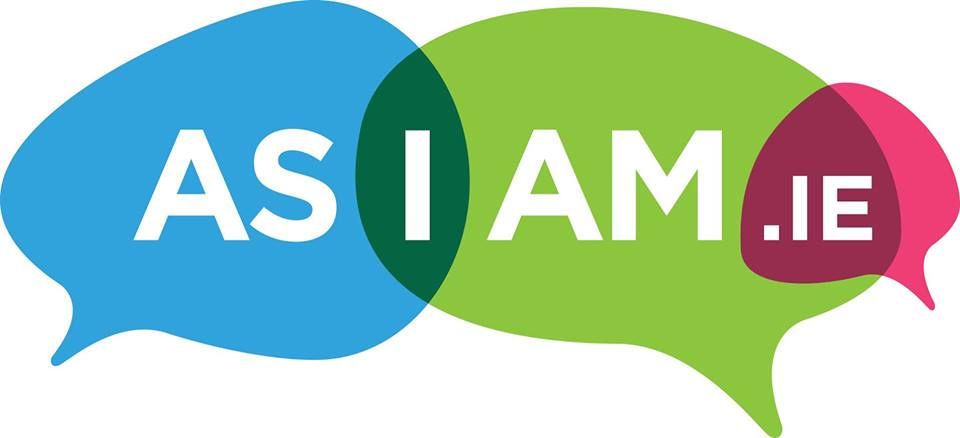My ADHD and Autism Diagnosis: Having Compassion for my undiagnosed self.
- Katie Lenihan
- Sep 8, 2022
- 4 min read
"In reality, conditions like autism and ADHD undermine and point to the flaws in everyday structures."

In June, after 10 months on a waiting list and 25 years of actually living with it, I finally got diagnosed with ADHD. This diagnosis was so important to me and I felt relief knowing I could medically treat it. Finally, I could stop going in circles. That day, I was also diagnosed with autism. Autism, however, cannot be treated, and this diagnosis has forced me to confront my ideas about fixing parts of myself to fit a standard. As someone who has difficulty naming and identifying feelings, I found it tough to look at a list of symptoms and say, “yup that’s me, certified 100 percent autistic,” and even when I did think I presented symptoms I would often doubt myself and thought that others would have spotted it before me, as if they would have more knowledge about my own experience. I honestly never thought that I would be writing this article, admitting to what I agonized over for years, but I want to write about how being undiagnosed can affect one's sense of identity and self-worth.
The idea of people with autism feeling like an ‘alien’ is something I’ve read while researching the condition. I couldn’t relate to it at first thinking ’I’m not an alien; I’m just very bad at being a person.’ The chaos of school, being around a lot of people, joining clubs, and even just going shopping left me drained and mentally exhausted. I did suspect I was autistic at certain points but I expected doctors, teachers, or my parents to be able to see it from a mile away. I also thought that autistic people were experts in their special interests, I assumed that they would be successful in what they liked - whatever that means. Going to counseling felt like a punishment for my inability to change my behaviour, again, I just couldn't force myself to fit what was expected of me. I lied a lot about what I was thinking and feeling, and the reasons I couldn’t just DO the things they were asking me to. Because I didn’t even understand why. I often shut down, not knowing what I was feeling for days at a time, to then suddenly being completely overwhelmed. In reality, conditions like autism and ADHD undermine and point to the flaws in everyday structures.
I often spoke to my counselor about this feeling that had nagged me throughout my life - “I don’t think I was ever supposed to exist, I am not suited to living.” This might sound dark or possibly morbid, but that's not how I meant it. For my whole life, I felt like I was an intruder operating a human body, trying not to get caught out by peers and adults. I tried so hard to not only act like them but also to try to feel how I thought I was expected to feel. My identity was intrinsically bound to others’ perceptions of me. Listening to everyone’s advice, I pushed myself to go to school, talk to more people, and stay at parties I didn’t want to be at. I planned conversations, situations and even the conflicts I would be facing but when dealing with actual people it never followed my carefully constructed script. I grew quiet and withdrew when I was knocked down so many times. Putting my trust solely in the views of those around me and disregarding my own experience by imitating someone I thought would behave normally, left me blaming myself and with very little knowledge about who I actually was. Alcohol was often a way to make the forceful situations less sharp in the moment. I couldn’t see myself existing in the future because these efforts to simply exist and fit in, weren’t sustainable.
Acceptance is something that I am learning. Acceptance of myself as I am, not the person I want to change. Throughout life, people will subtly try to tell you who you are and what you are capable of. I made the mistake of believing them. Knowing who you are is such a common issue among young people and it can be blown up into a huge philosophical question or people are labeled your career path. But it really begins with simply knowing things about yourself - what do you like/dislike? What is your favourite activity? What comforts you? When do you need a break? Trusting your own thoughts and opinions lays the foundation of your identity. If I had that trust in myself and my experience I would have been diagnosed much sooner and I wouldn’t have internalised others’ opinions of me. I thought of myself as deeply and essentially flawed, that with enough effort these flaws would go away, with enough changes I could not only act like the person I wanted to be but I could actually become that person.
Autism is not something to be solved but rather something to be worked with, but so is any perceived issue with your body and mind. Follow steps that will help you cope rather than change. Once you stop forcing yourself into structures that don’t work for you, the more space you have for observing what works and what doesn’t, learning about yourself and growing into a more compassionate and fulfilled person.









Comments